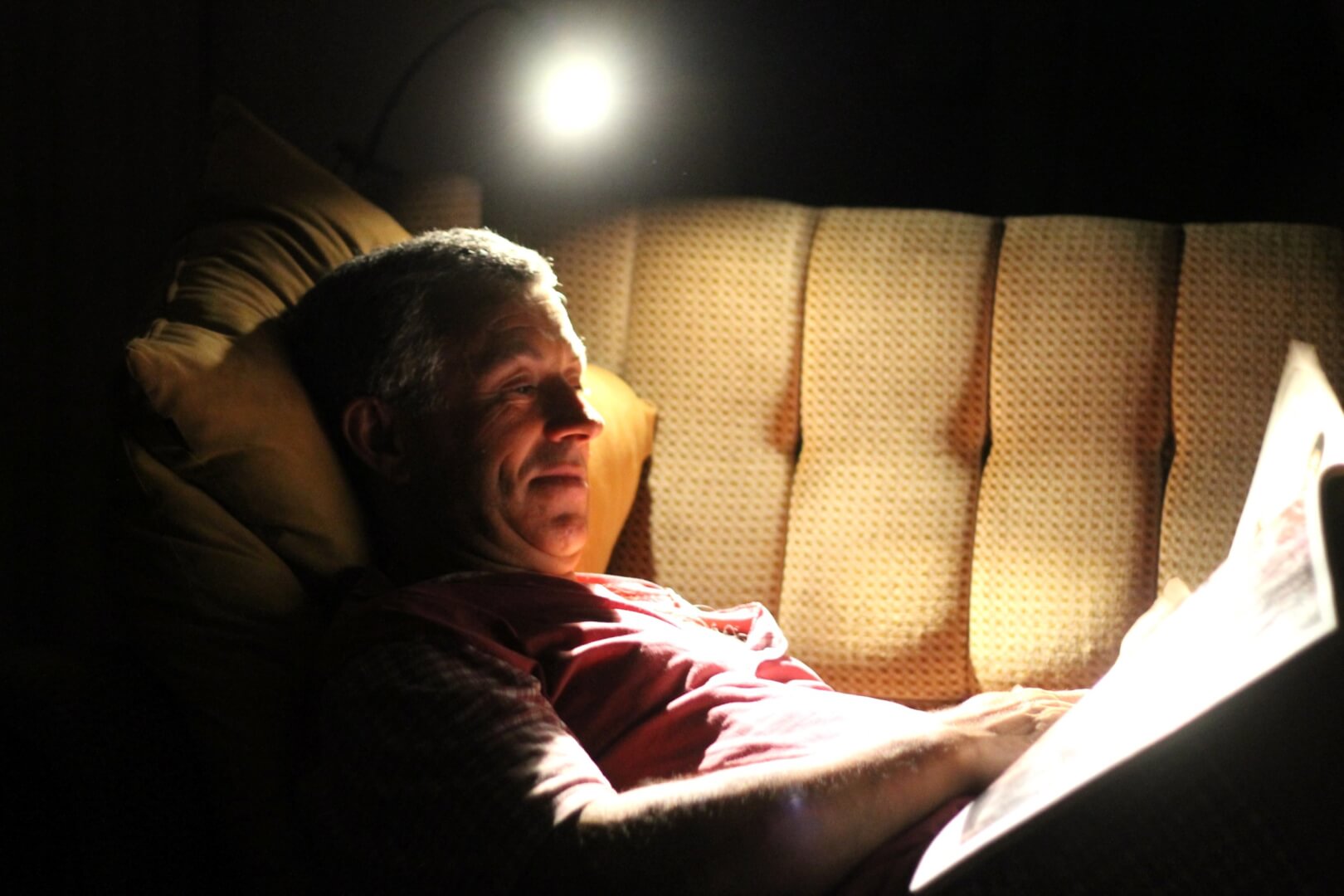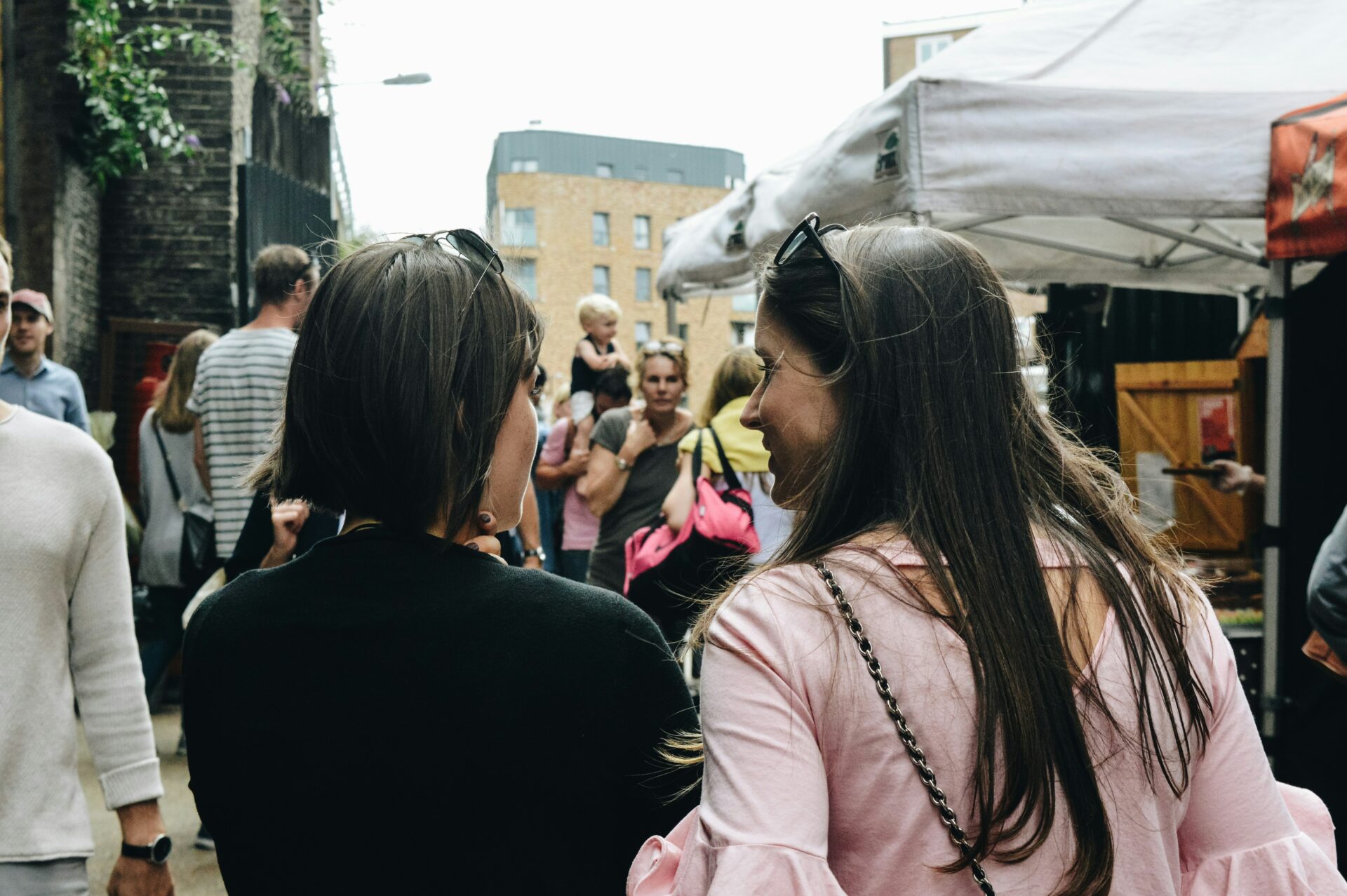Zero Screens Before Bed Challenge!

Screens are ubiquitous in our daily lives. Now with the upheaval of the Covid-19 pandemic, we are seemingly dependent upon screens like never before. Whether we work from home now, home school kids, binge watch movies to pass the time or compulsively check screens for health updates, we are watching our light-emitting devices constantly. If you value your sleep, however, it is important to place a limit on the amount of blue light your eyes take in before bed.
Specifically, we need to exercise better control over the blue light that is emitted from screens. Blue light is everywhere and is healthy under the right circumstances. The sun emits lots of blue light and we need blue light to regulate our sleep-wake cycle. But we also need to take a break from blue light so fortunately for us, the sun goes down and sets up our natural, melatonin inducing sleep cycle. That is, natural melatonin, the melatonin that our brains are designed to produce and regulate within us. We need our brains to cycle through their natural stages of sleep and produce REM sleep to feel refreshed and ready to take on the next day. Ideally it takes 2-3 hours to set this up. Just as you would avoid caffeinated beverages after noon to not interrupt sleep, so should you avoid blue light 2-3 hours before bed.
If you are ready to do something about your sleep, now is the time. Take our Zero Screens Before Bed challenge! Here’s how it works: Turn all your digital devices off at 7 pm. No checking! Find something relaxing to do before bed. There are lots of things, you just have to put some thought into what works for you that is engaging, but relaxing at the same time. Here are some suggestions: reading, knitting, wood working, puzzles, board games, baking, yoga, sketching, whatever works to create a separation from your day and wind you down before bed. Try doing this for 5 days and track your sleep. You may find that you get sleepy earlier and want to go to bed. If you can, do so. You may also find that this helps you sleep longer. Each morning track how long you slept and estimate how many times you woke up. Also, take note of crazy dreams. Did you dream more? That’s a sign that you were getting more REM sleep which is good for your sleep and your overall health!
Here it is again:
- Refrain from watching/checking all digital devices after 7 pm;
- Choose relaxing, calming activities to pass the time;
- Go to bed when sleepy;
- Track how long you slept and how many times you woke up;
- Track your dreams;
- Note after 4-5 days the difference in the amount and quality of your sleep.
It is hard. These digital devices have a huge hold over us but, if you make the effort and take the challenge you will likely find that the advantages are noticeable and result in better overall sleep.
Blue light is not bad, it just needs to be recognized, tamed and controlled by us. Chronic blue light exposure has been demonstrated to lower brain melatonin. With technology improvements the backlight features on our digital devices which enhance clarity also emit increasingly strong blue light waves. Without our even knowing it, when we watch screens at night we are exposed to ever higher levels of blue light at just the time when we need to regulate light intake. Take back your night’s sleep!
Take the Zero Screens Before Bed challenge and let us know how this improves your sleep!


